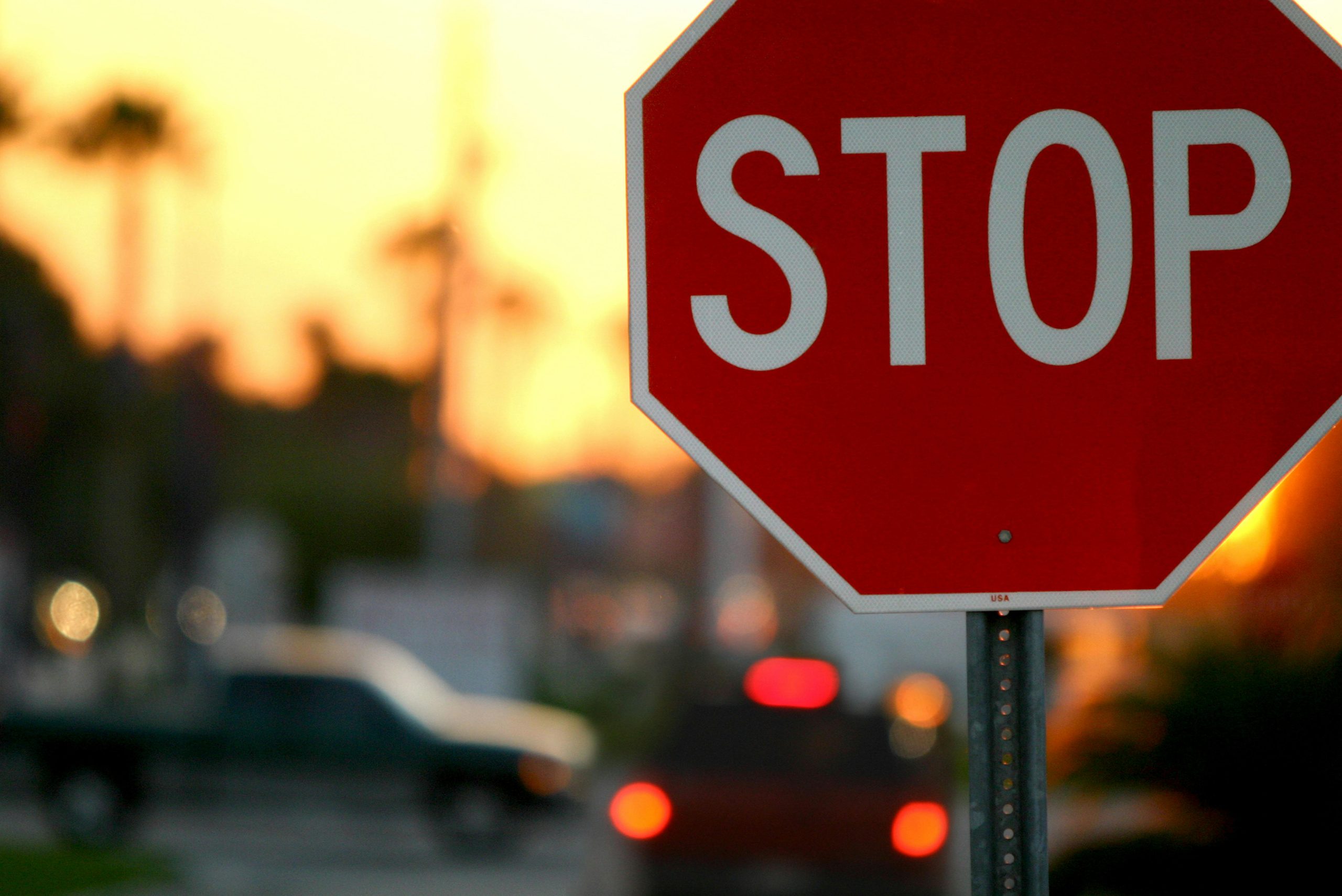Enhancing Web Navigation: Creating a Bottom-Positioned Dropup Mega Menu in WordPress
In the realm of modern web design, intuitive navigation is paramount for user engagement and overall site usability. While top-mounted menus are conventional, bottom-fixed navigation bars with sophisticated dropdowns or “dropup” menus can offer a unique and accessible user experience—especially on mobile devices or single-page applications.
Recently, a web developer sought guidance on implementing such a feature and discovered valuable resources that can be adapted within WordPress. This article explores how to create a bottom-positioned navigation bar with a dropup mega menu, leveraging CSS and JavaScript, inspired by tutorials from W3Schools.
Understanding the Foundations
1. Fixed Bottom Navigation Bar
Creating a persistent footer navigation involves positioning a <div> or <nav> element fixed at the bottom of the viewport using CSS:
css
.bottom-navbar {
position: fixed;
bottom: 0;
width: 100%;
background-color: #333;
display: flex;
justify-content: center;
z-index: 9999; /* Ensure it overlays other elements */
}
2. Basic Dropup Menu Structure
A dropup menu is an inverted dropdown, appearing above the toggle button:
“`html
“`
CSS for the dropup behavior:
“`css
.dropup {
position: relative;
display: inline-block;
}
.dropup-content {
display: none;
position: absolute;
bottom: 100%; / Position above the button /
left: 50%;
transform: translateX(-50%);
min-width: 160px;
background-color: #f9f9f9;
box-shadow: 0px 8px 16px 0px rgba(0,0,0,0.2);
z-index: 1;
}
.dropup:hover .dropup-content {
display: block;
}
“`
3. Incorporating Mega Menu Features
A mega menu expands upon traditional dropdowns by displaying large panels with multiple sections or columns of links, images, or other content. To transform a dropup into a mega menu:
- Structure the
.dropup-contentinner content with multiple columns. - Style

